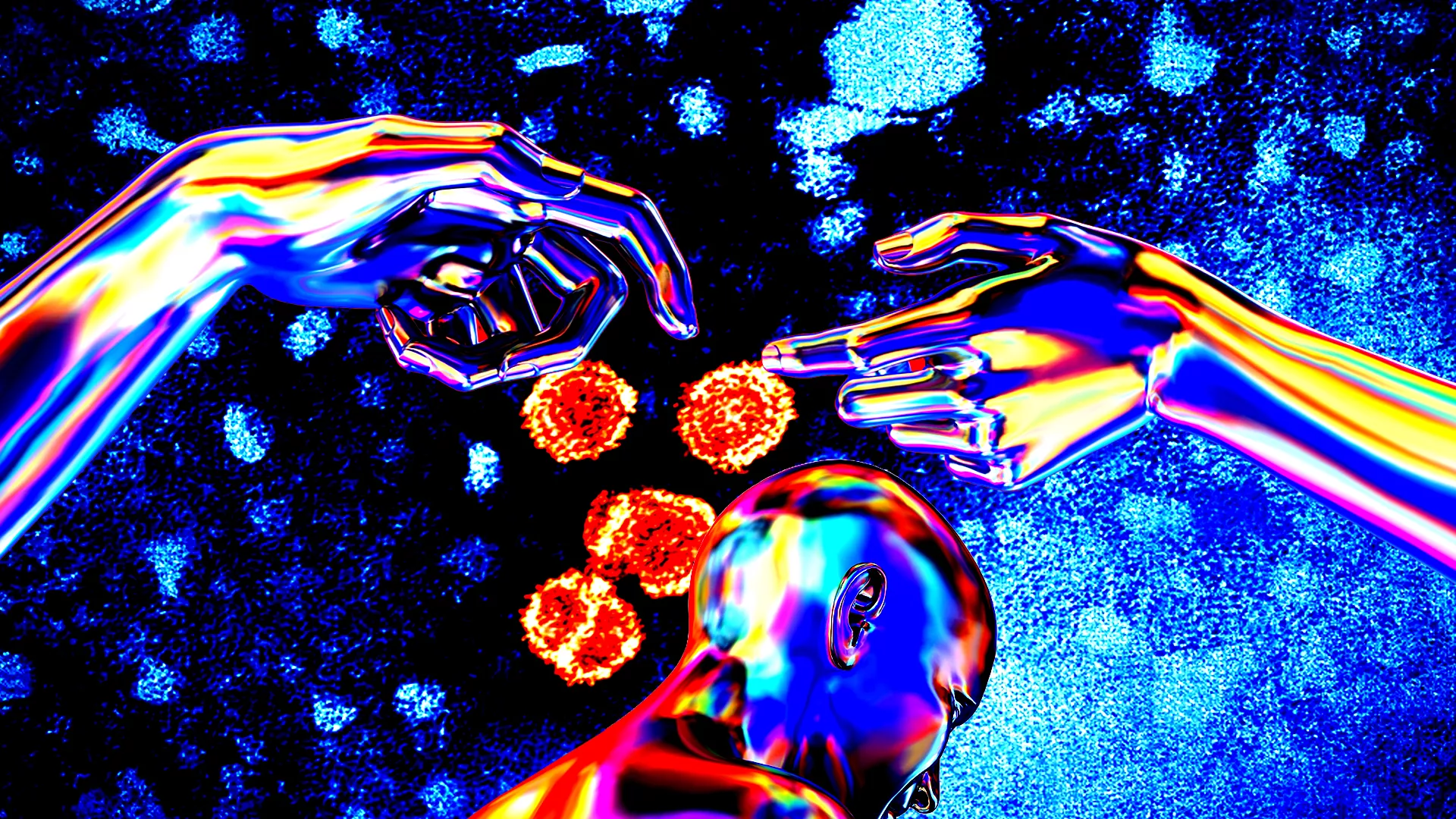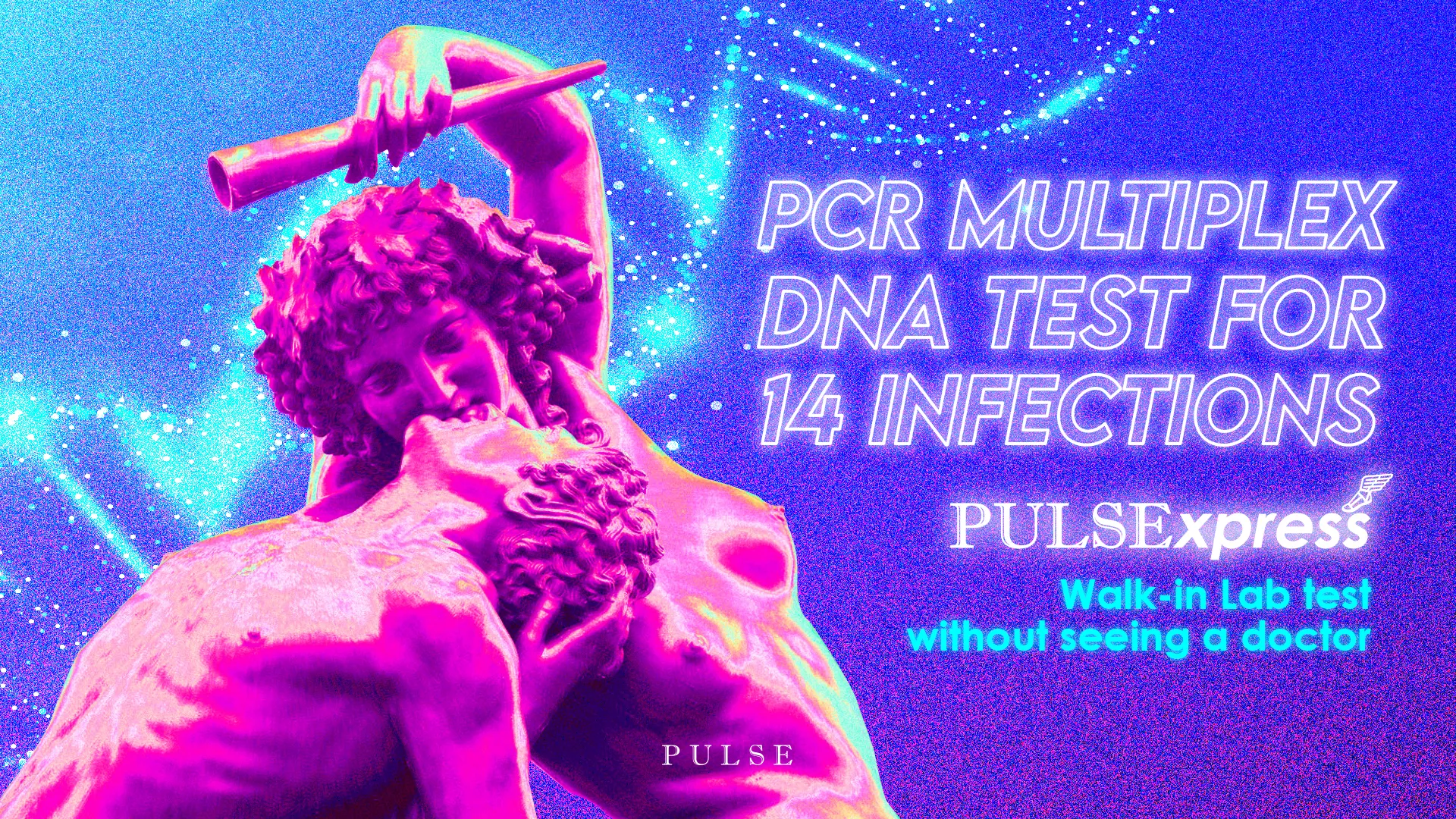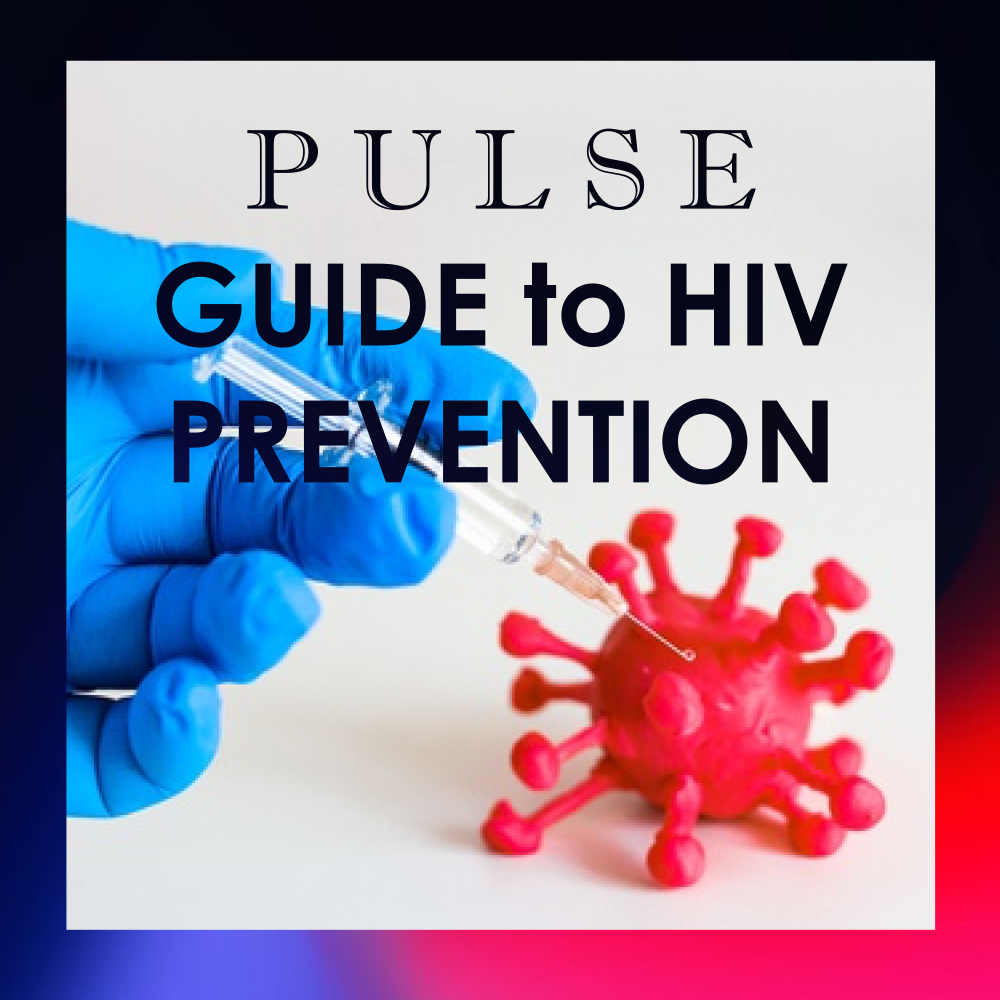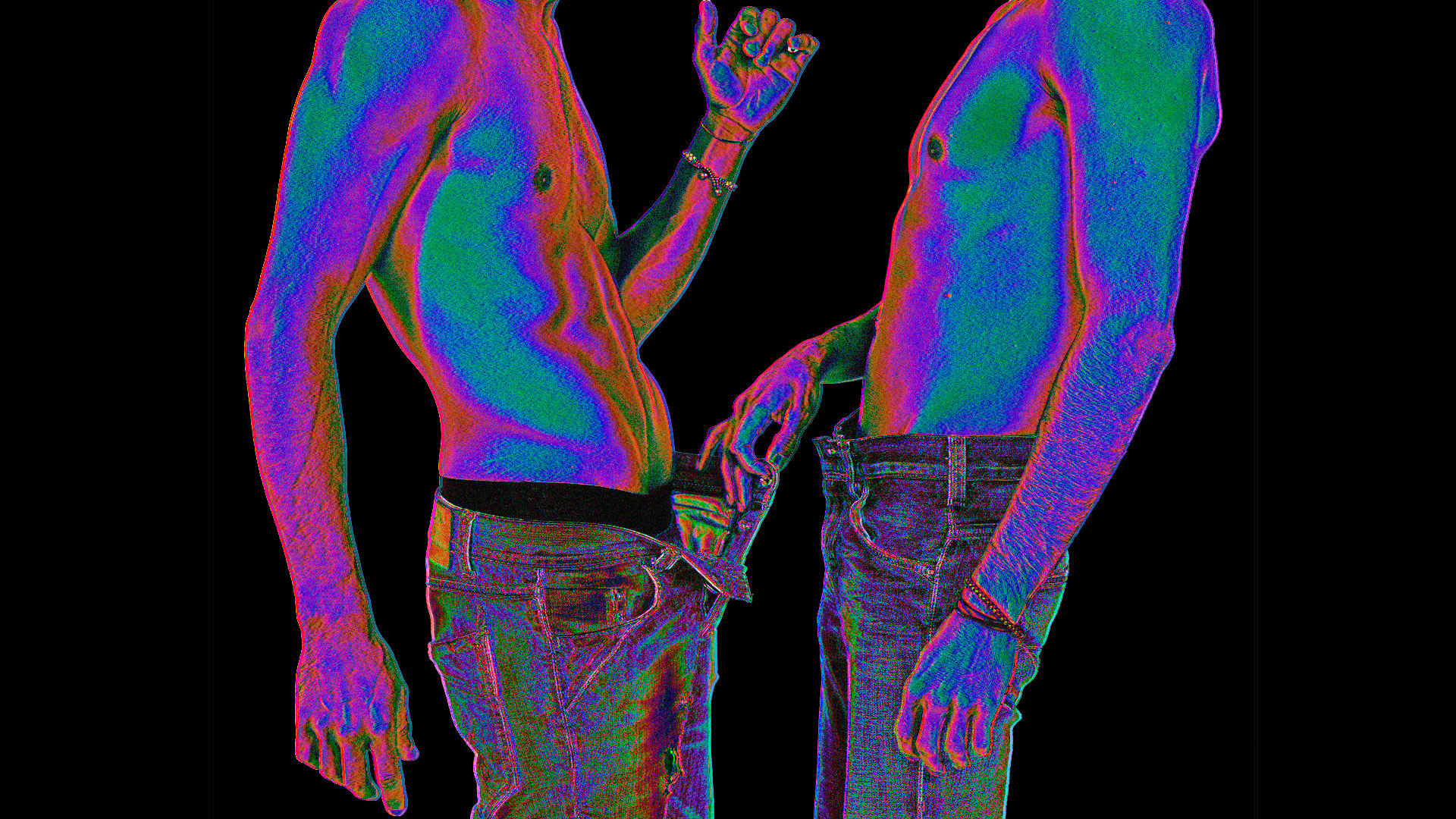What is STDs?
16120
Sexually transmitted diseases (STDs), or sexually transmitted infections (STIs), are infections that are passed from one person to another through sex
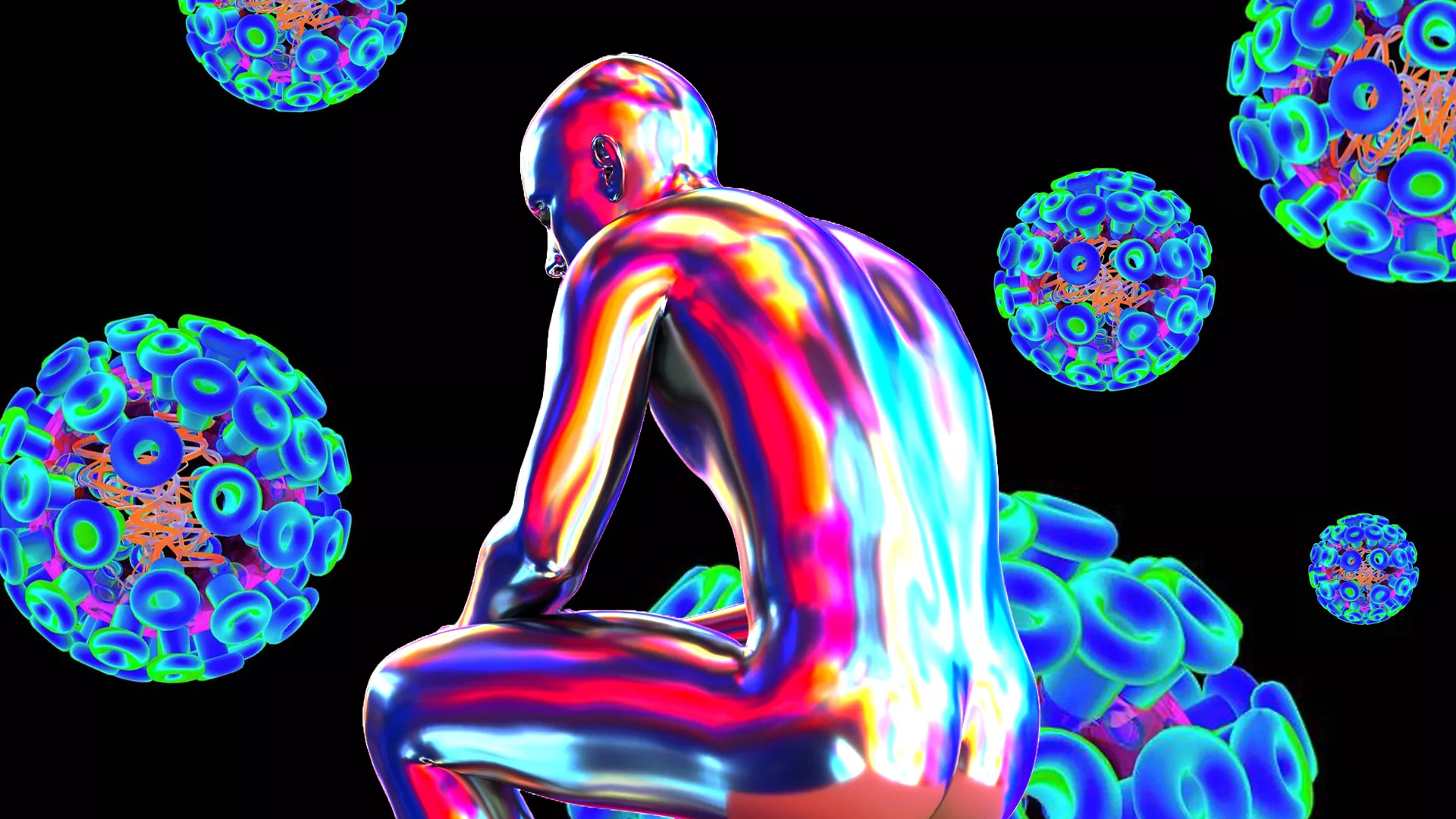
What are sexually transmitted diseases (STDs)?
Sexually transmitted diseases (STDs), or sexually transmitted infections (STIs), are infections that are passed from one person to another through sexual contact. The contact is usually vaginal, oral, and anal sex. But sometimes they can spread through other intimate physical contact. This is because some STDs, like herpes and HPV, are spread by skin-to-skin contact.
What causes sexually transmitted diseases (STDs)?
STDs can be caused by bacteria, viruses, fungi, protozoa and parasites.
Learn more about types of STDs here.
What are the common STDs?
- Non-Gonococcal Urethritis (NGU, such as Chlamydia, Ureaplasma, Mycoplasma, etc)
- Chlamydia infections
- Gonorrhea
- Syphilis
- Herpes Simplex
- Genital Warts
- HIV/AIDS
What are the common symptoms and signs of STDs?
STDs/STIs may present in a number of ways. The common symptoms of STIs are:
- Genital discharge (from the urethra or the vagina)
- Dysuria (pain on passing urine)
- Genital sores or ulcers (these may be painful or painless)
- Blisters on genitals
- Growths on genitals
- Swelling of lymph glands (in the groin)
- Rash on genitals and other parts of the body
Sometimes an infection can present in the absence of any symptoms or signs. This is called an asymptomatic infection.
Do these signs and symptoms occur only in STDs?
Not necessarily. Rashes and growths on genitals may be signs of conditions that are not sexually transmitted. Similarly, not all discharges and dysuria are due to STIs. You should consult your doctor if you develop these signs and symptoms.
How long does it take for the signs and symptoms of STDs to appear after infection?
The incubation period is the period from infection to the appearance of signs and symptoms; it can vary among the different types of STIs. Some infections such as gonorrhoea, non-gonococcal urethritis (NGU) and genital herpes have short incubation periods, ranging from 2 days to 3 weeks. The incubation period of other STIs, such as syphilis, may vary from 2 weeks to many months, and that for HIV infections may be several years.
What to do if I think I have an STD?
See a doctor immediately. Avoid sex, as you may pass on the infection. Do not self-medicate.
Trust PULSE CLINIC to take care of your health like other 45000 people from over 130 countries. We provide discreet professional service with high privacy. Here to help, not to judge.
How soon should you see a doctor after having sex with a stranger?
You should see a doctor as soon as you notice any of the signs and symptoms of an STI. If none of the signs or symptoms occurs, blood tests for syphilis and HIV should be carried out after 4 weeks. Your doctor should be able to provide further advice or order other tests. Do refrain from sexual intercourse until the doctor has given you the all clear. Do not self-medicate as this is usually ineffective and may lead to complications.
What will happen to the signs and symptoms of various STIs if you do not seek treatment?
In some cases, the signs and symptoms of an STI may disappear even without treatment. This does not mean that the infection is cured. Even if you do not show any sign or symptom, the infection may still be present and may spread to the other parts of the body. The infection may begin to invade the internal organs and cause irreversible damage.
Can a person with an STI not show any sign or symptom?
Certainly. All STIs are symptomless during the incubation period. More than 10% of males, and more than half of females with gonorrhoea and chlamydia infection do not show any sign or symptom. Asymptomatic STIs are also more common in individuals who are incorrectly treated i.e. who have self-medicated with antibiotics or those who did not follow prescribed antibiotic treatment. Individuals with an asymptomatic STI can still pass on the infection to their sexual partners.
Are all STIs curable? Why do I need to seek early treatment for STIs?
Bacterial STIs are curable if treated early. Early treatment of an STI prevents transmission to others and also prevents complications. Most viral STIs however are not curable.
Can all STIs be diagnosed or confirmed by blood tests?
Blood tests are useful only for a few STIs. These include syphilis, hepatitis B infection and AIDS/HIV infection. For the other STIs, examination of specimens from the discharge and samples from the skin and mucous membranes are used to confirm diagnosis.
How are STIs treated?
Different STIs are treated differently. Those caused by bacteria are treated with antibiotics; those caused by viruses are treated with antiviral drugs; and those caused by parasites are treated with with antiparasitic drugs. There is no single medication that can treat and cure all STIs. It is therefore important to identify the type(s) of STI before treatment.
Can a person be immunised against STIs? Does a person develop immunity to an STI once he is cured of the infection?
Vaccines are available to prevent hepatitis B infection and human papillomavirus.
And with the exception of hepatitis B infection, a person can be re-infected despite having been cured of an STI.
Trust PULSE CLINIC to take care of your health like other 45000 people from over 130 countries. We provide discreet professional service with high privacy. Here to help, not to judge.


